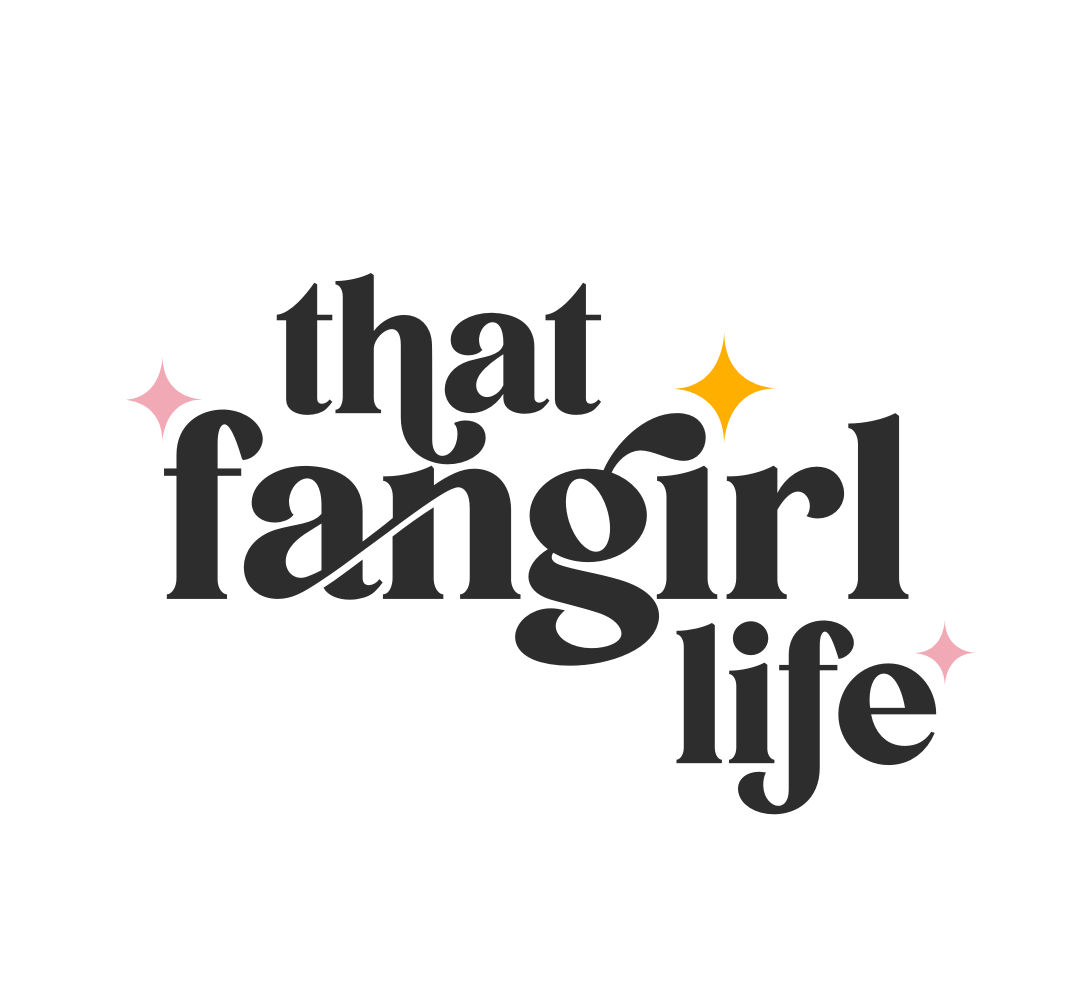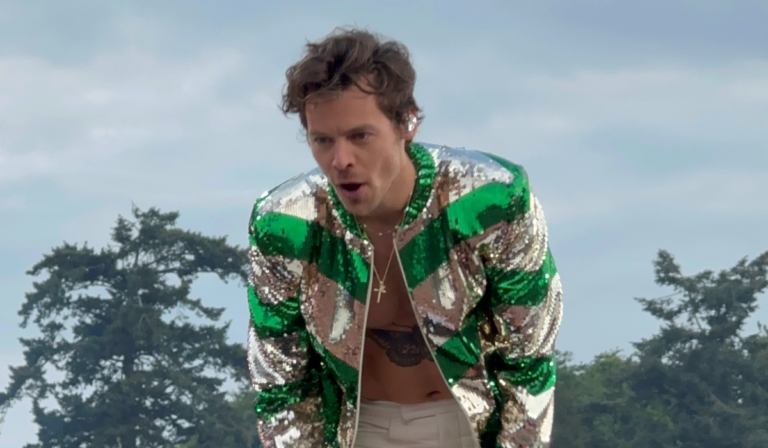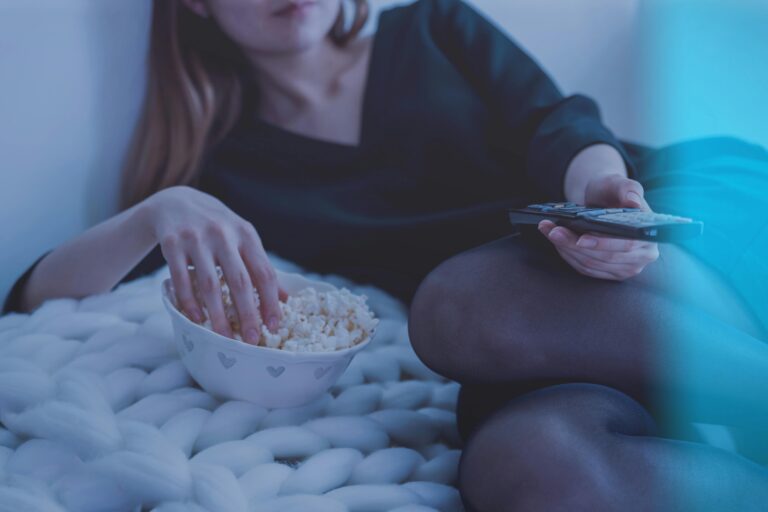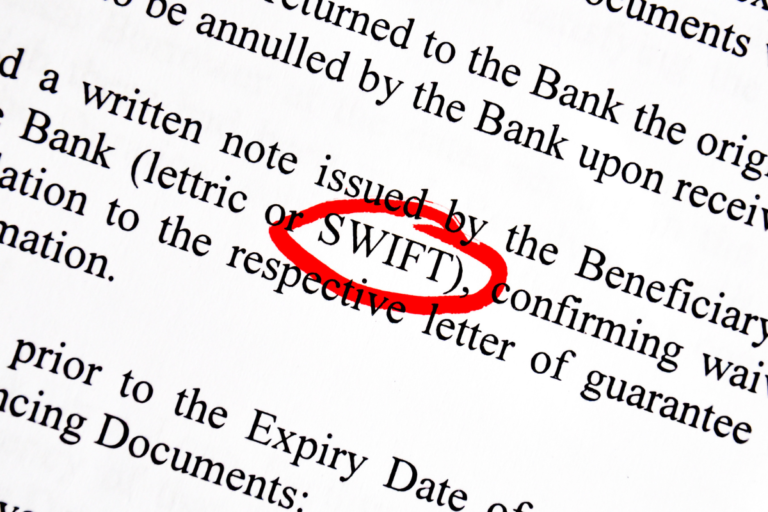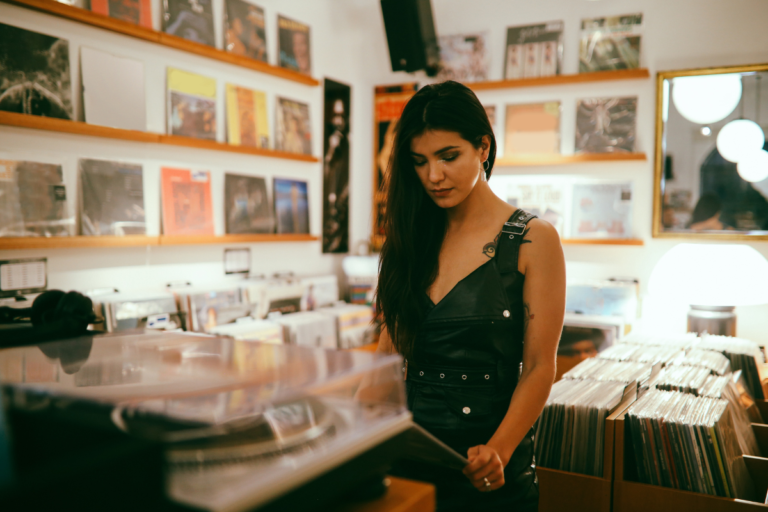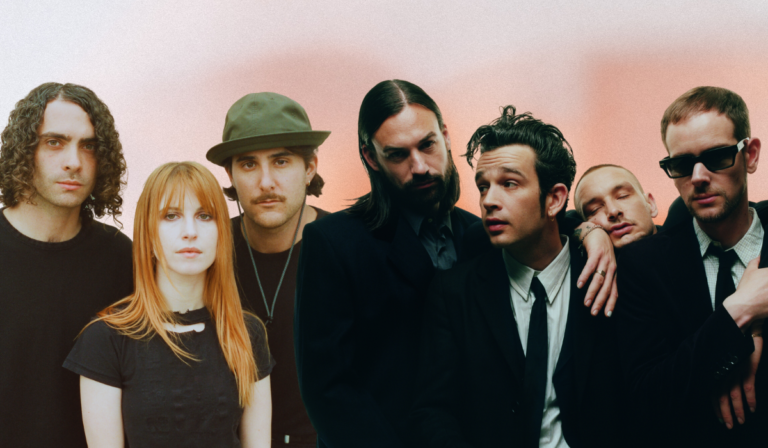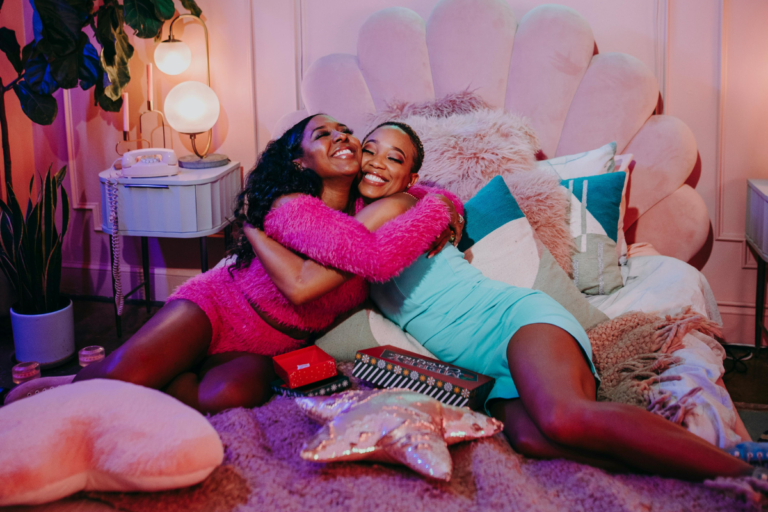Lorde’s Return Feels Political — Even If It Isn’t
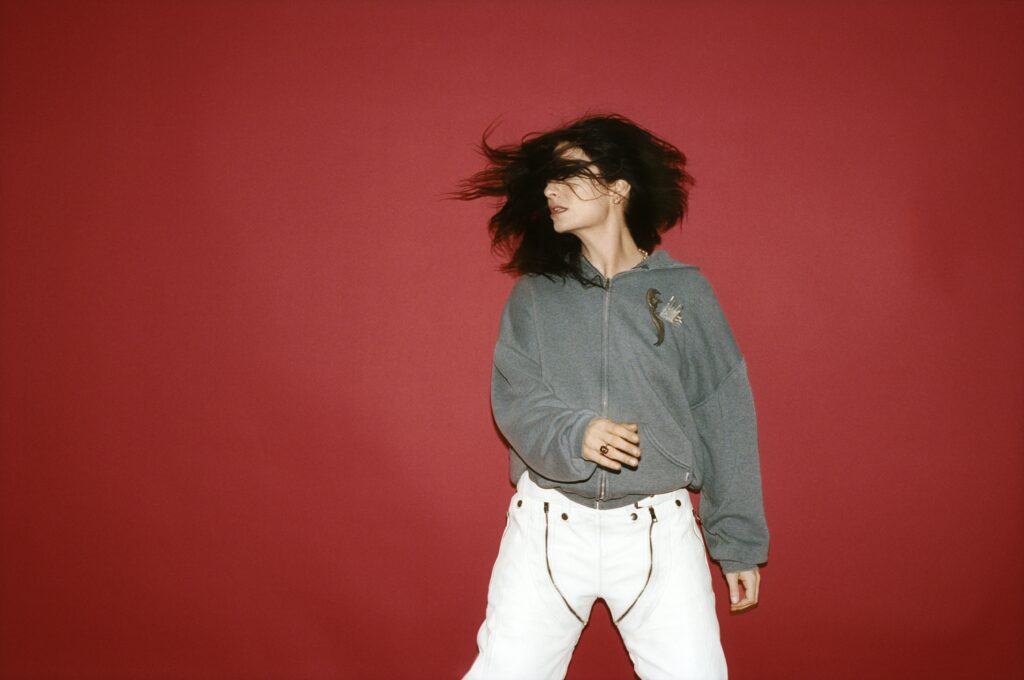
It’s not just you, things really do feel weird right now.
There’s this specific kind of exhaustion that lingers lately, at an existential level. You can feel it in the way your friends talk about burnout, or how every group chat spirals into “do we even have a future?” territory at least once a week. And if you’ve been paying attention to the news (or your grocery bill), you’ve probably heard the words ‘U.S. recession’ more times than you’ve heard your own name.
For Gen Z, it’s giving deja vu. We grew up watching our parents stress through the 2008 crash, and now we’re here ourselves; young adults, newly graduated, or freshly unemployed, and it’s like we never left the anxiety behind.
So when I saw Lorde trending again, it didn’t feel random. It felt right. Like the stars were aligning.
Escaping the Party
As the Pew Research Center started in 2020, Gen Zers are on track to be the most well-educated generation yet, but they also face economic challenges that could hinder their ability to achieve financial stability.
During the last recession, the charts were stacked with glittery denial. Ke$ha told us to brush our teeth with Jack and just keep dancing while LMFAO said we were all sexy and we believed it, because the alternative was admitting how very unsexy it felt to live through a major financial crisis.
Critics have since dubbed this era “recession pop,” and for a good reason. It was loud, indulgent, and allergic to stillness. Escapism was the genre and pop was a lifeline, with partying being a performance of resilience. But Gen Z doesn’t want to perform resilience.
This generation has grown up surrounded by content that teaches emotional fluency. We know about therapy-speak, attachment styles, burnout cycles, and brain fog. We don’t want to dance through the panic, we want to understand it. Or at the very least, not feel so alone in it. And that’s exactly where Lorde comes in.
Lorde: Our Sad Girl North Star
I was maybe twelve when I first heard Royals. I didn’t fully get it, I was just having fun with the vibes. But something about the way Lorde sounded bored of excess stuck with me.
Pure Heroine was a jaw-dropping album with much more self-reflection than people expected from a 16 year old in 2013; it was like she saw through the spectacle of celebrity life and decided to whisper instead. As a chronically online tween who felt deeply uncool in her Target jeggings, I felt seen.
Fast forward about a decade, and I’m 22 now, and Lorde’s music still hits different. Melodrama felt like the diary entry I was too afraid to write. Solar Power, though misunderstood at the time, was the soft detached breakdown I didn’t know I’d need after stopping my life for the 2020 lockdowns. Like me, Lorde’s music didn’t beg for attention. It just… was. Unapologetically quiet. Conflicted. Kind of sad, and kind of healing.
Now, with the announcement of her next album cycle starting to bubble, it feels like she’s showing up exactly when we need her.
Recession Pop 2.0 as the Soundtrack of Sadness
This isn’t your older sibling’s recession pop. It’s not about turning up to ignore the world burning. It’s about asking, “Hey, is anyone else watching the world and feeling extremely overwhelmed?” The party is over. The glitter is peeling off. And we’re left with feelings… big ones.
This new wave of “recession pop 2.0” sounds more like Lorde’s What Was That, Olivia Rodrigo’s GUTS album, Billie Eilish’s HIT ME HARD AND SOFT, and the indie corners of Spotify where it feels safe to cry in your car. These artists aren’t hiding their struggles, they’re embracing it, and narrating it for our ears. “Gen Z is turning to sad songs as a form of emotional expression and connection,” reports Brian McNeal for Esquire in 2023, “reflecting their desire for authenticity and depth in music.”
Even Taylor Swift, queen of reinvention, gave us sister albums, folklore and evermore at the height of global uncertainty in 2020-21. These were pandemic soundtracks not made for stadiums, but for our bedrooms. Not for dancing, but for processing.
The Full Circle
The thing is, being a fangirl in 2025 means something different than it did in 2009, and Lorde’s return feels like a generational echo for my age group.
It’s not just about screaming at concerts or collecting limited merch drops (as fun as that is), it’s finding emotional refuge in the music, the community, the shared melancholy. Pop used to be about escape. Now it’s about empathy.
The kids who once danced to Pure Heroine with no clue what “a different kind of buzz” meant are now twenty-somethings whispering along to Solar Power on bad mental health days. We’ve grown up. So has she.
We don’t know what this next album from Lorde will fully sound like. Maybe it’ll be a curveball. Maybe it’ll surprise us. But if her track record says anything, it’s this: whatever she gives us, it’ll feel honest. It might end up a little messy, lean into the melancholy, but that’s exactly what we’re craving right now. And in this economy? That’s the most valuable thing a pop star can offer.
